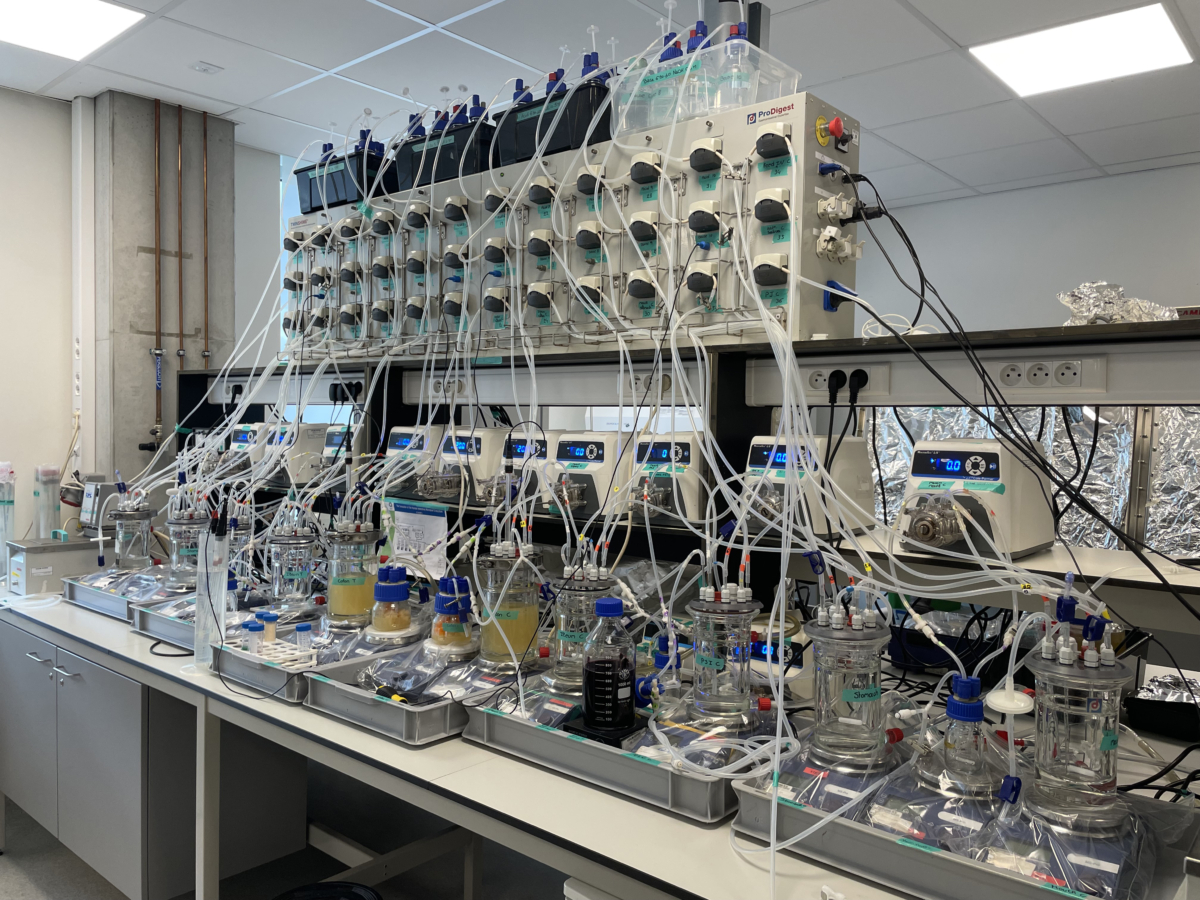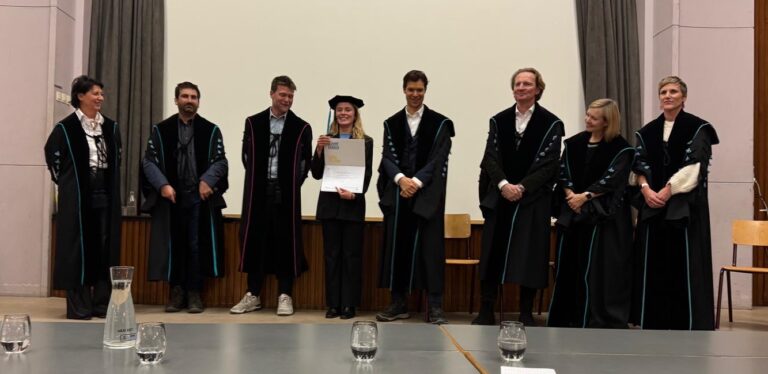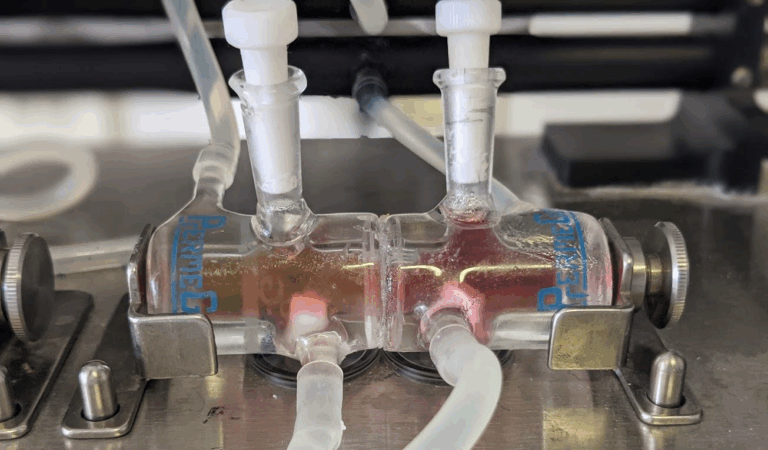
Our world is a microbial world and the evolution of life over millions of years took place in a constant backdrop of microbes. Unsurprisingly, all living creatures on this planet have developed mechanisms to either cope with infectious microbes, or adopt strategies to tolerate, harbour or even rely on endogenous microbes for maintaining an optimal health status.
Referring to the trillions of microorganisms that can be found in and on different sites of our bodies, the human microbiome has become an important field of study over the last 2-3 decades. The finding of clear positive and/or negative associations between human microbiota and health conditions such as chronic inflammation, metabolic syndrome, auto-immune diseases and/or neurodegenerative disorders is indicative of a dynamic and intricate interplay between the human body and the microbial residents it harbours.
To investigate causal relationships between the human microbiome and health, scientists monitor the composition, functionality and dynamics of the human microbiome taking into account disease, age, ethnicity, diet, drug use or other modulatory factors. Unfortunately, the difficult accessibility of certain body sites, the lack of control over microbiome-modulatory parameters within the body or the ethical constraints of (frequent) sampling of in vivo body locations are limiting us from getting a mechanistic understanding of how the microbiome associates or interacts with health-related processes inside our body.
The Human-Microbe Interaction Technology group of Tom Van de Wiele and postdoctoral fellows is therefore designing in vitro enabling technology platforms that allow studying the dynamics of human-derived microbiota in an experimental setting that is representative of the human body. The main emphasis lies on the study of the human gastrointestinal tract with recent developments on the study of the mucosal microbiome – the microbiota that colonizes the slime layer in the human gut – the small intestine microbiome and the simulation of several gastrointestinal disease states. Simulation of the microbiome from other body sites such as oral cavity, upper respiratory tract and skin have also been successfully conducted.
When well-validated against in vivo data, these in vitro technology platforms can be used for mode-of-action research which helps elucidating how the microbiome assists in colonisation resistance against pathogens, how it responds to a person’s changing physiological, nutritional or environmental conditions or to what extent it underlies the etiopathology of certain diseases or is merely an effect of changes in health status.
Moreover, in collaboration with the MiCE team from prof. Nico Boon, these technology platforms assist in obtaining a fundamental understanding of host-associated microbial ecosystems. Using a culturomics approach, microbes with biotherapeutic potential can be isolated and identified.
This research has drawn scientific attention from the research community with highly cited papers from the Van de Wiele lab. In addition, it also is of high industrial relevance as indicated by the activities from two UGent spin-off companies: ProDigest, which applies in vitro technology platforms to address research questions from the food-, feed- and pharma field and MRM Health, which develops robust live biotherapeutic microbial cocktails to cure disease.
Related news
-
15/12: Public defence of the doctoral dissertation of ir. Britta De Pessemier
The title of the doctoral dissertation is “Multi-Omics Insights into the Skin Microbiome of Healthy and Diseased Skin.” The public defense will take place on 15 December 2025 at 17:00 in the Feestzaal, Auditorium A.1 at Campus Coupure, Coupure Links 653, 9000 Ghent. A short abstract of the doctoral research The skin is one of […]
-
13/05: Public defence of the doctoral dissertation of Inez Roegiers
The public defence, “Modelling host-microbe interactions in the small intestinal microenvironment“, will take place on the 13th of May 2025 at 17:00 in the Auditorium E1 Oehoe at Campus Coupure, Coupure Links 653, 9000 Ghent. Abstract of the doctoral research Host-microbe interactions in the small intestine play a fundamental role in human health, yet are […]


